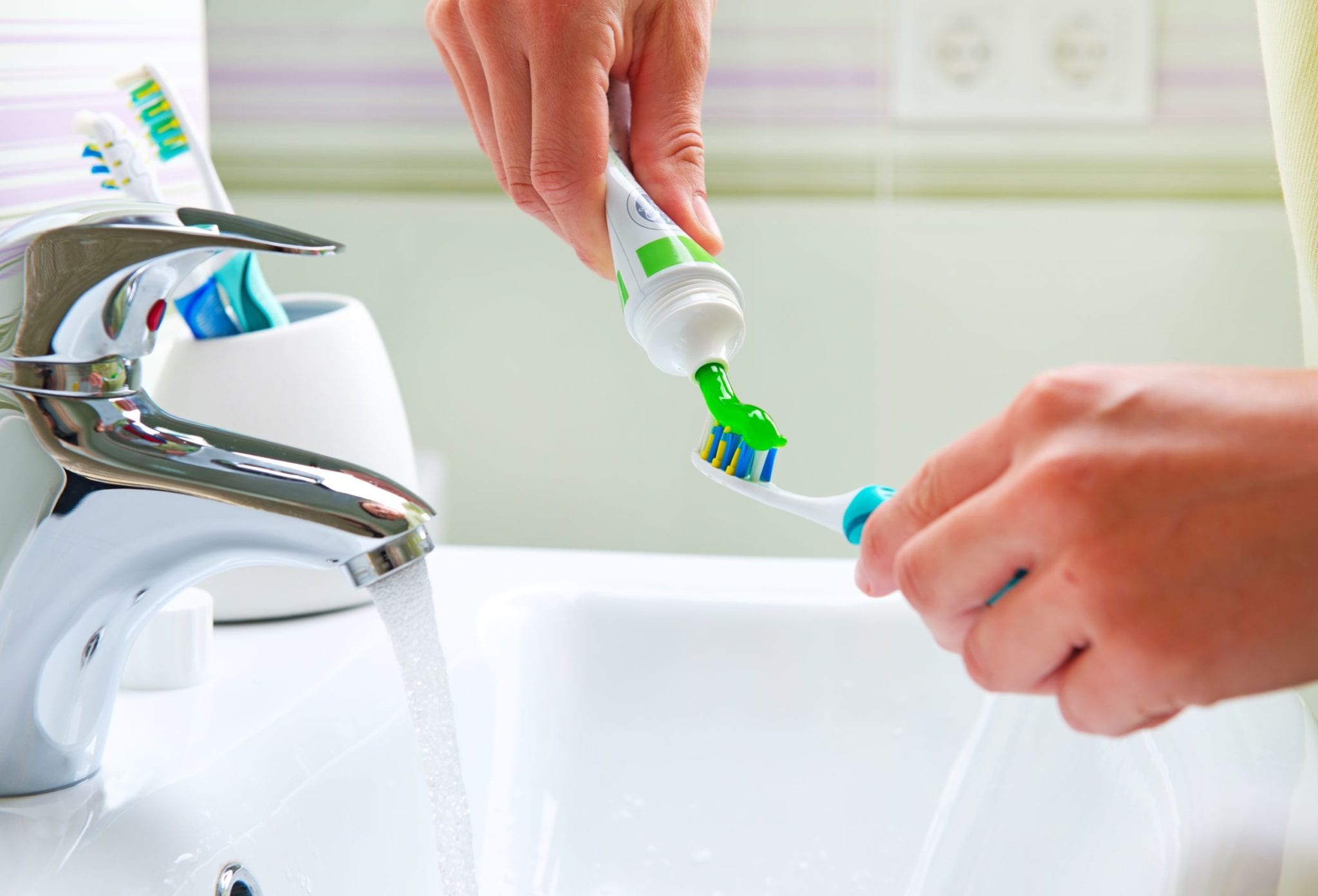
Are you experiencing tooth sensitivity? In this post, we’re going to detail what exactly tooth sensitivity is, then talk about the top reasons why you may feel sensitivity in your teeth.
What Is Tooth Sensitivity?
Tooth sensitivity is discomfort or pain in response to certain triggers. Some people experience sensitivity in just one tooth. Others experience it in several teeth. It can be an everyday problem or one that comes and goes.
It is a treatable condition in most cases.
The most common triggers for tooth sensitivity include the following:
- Hot or cold foods and beverages
- Sweet foods or beverages
- Acidic foods or beverages
- Cold air
- Cold water
- Mouth rinses that contain alcohol
- Brushing or flossing
Symptoms can fluctuate at any time for no apparent reason. If your pain is intense, it’s important to visit your dentist to rule out further problems.
Most Common Causes of Tooth Sensitivity
These are the main reasons you may experience chronic or intermittent tooth sensitivity.
Brushing Too Hard
If you brush too hard or use a hard toothbrush, you can wear down your tooth enamel and increase sensitivity. Your dentist can teach you proper brushing techniques and recommend softer brushes to help treat your symptoms.
Bruxism
If you grind your teeth at night, you have a greater risk of tooth sensitivity. Your dentist can create a custom-fit mouth guard to stop you from grinding your teeth.
Acid Damage
If you regularly drink or eat acidic foods, you can wear down tooth enamel and create sensitivity issues. Changing your diet, such as cutting back on soft drink consumption, can help.

Medical Problems
If you have acid reflux, the acid from your stomach can travel to your mouth, and it can wear down your tooth enamel. This also occurs with frequent vomiting due to bulimia or morning sickness. Check with your doctor about treatments for your underlying condition, which can help soothe tooth sensitivity.
Recessed Gums
If your gums have pulled away from your teeth, you can experience sensitivity. Your dentist can advise you on what to do about recessed gums.
Tooth Decay
If you have a cavity, the nerve in your tooth pulp may be exposed, which can cause pain and discomfort. You need to see your dentist right away if you have a cavity, so you can prevent tooth loss.
Broken or Chipped Teeth
If your tooth is chipped, cracked, or broken, the inner layer of your tooth may be exposed, which can cause sensitivity. Your dentist can repair the damage, which should restore your tooth to normal sensitivity.
Dental Work
Certain dental treatments like teeth whitening or getting fillings can cause temporary tooth sensitivity. This should go away on its own after a few days following the treatment.
How a Dentist Can Help You
If you are suffering from tooth sensitivity, make an appointment with your dentist for a checkup. Your dentist will check for early signs of bigger problems, such as gum recession that can lead to periodontitis, or cavities that can lead to tooth loss. Your dentist will recommend a course of treatment to head off bigger problems.

As mentioned above, some tooth sensitivity can be corrected by changes in your oral health care or diet. Your dentist may also recommend a special toothpaste or mouthwash that can alleviate sensitivity. Additionally, you may benefit from a fluoride treatment to strengthen tooth enamel and protect your teeth from damage.
Ultimately, your dentist can serve as a guide through this process, and may be able to offer certain types of treatments that you will not have access to on your own if other methods prove ineffective.






